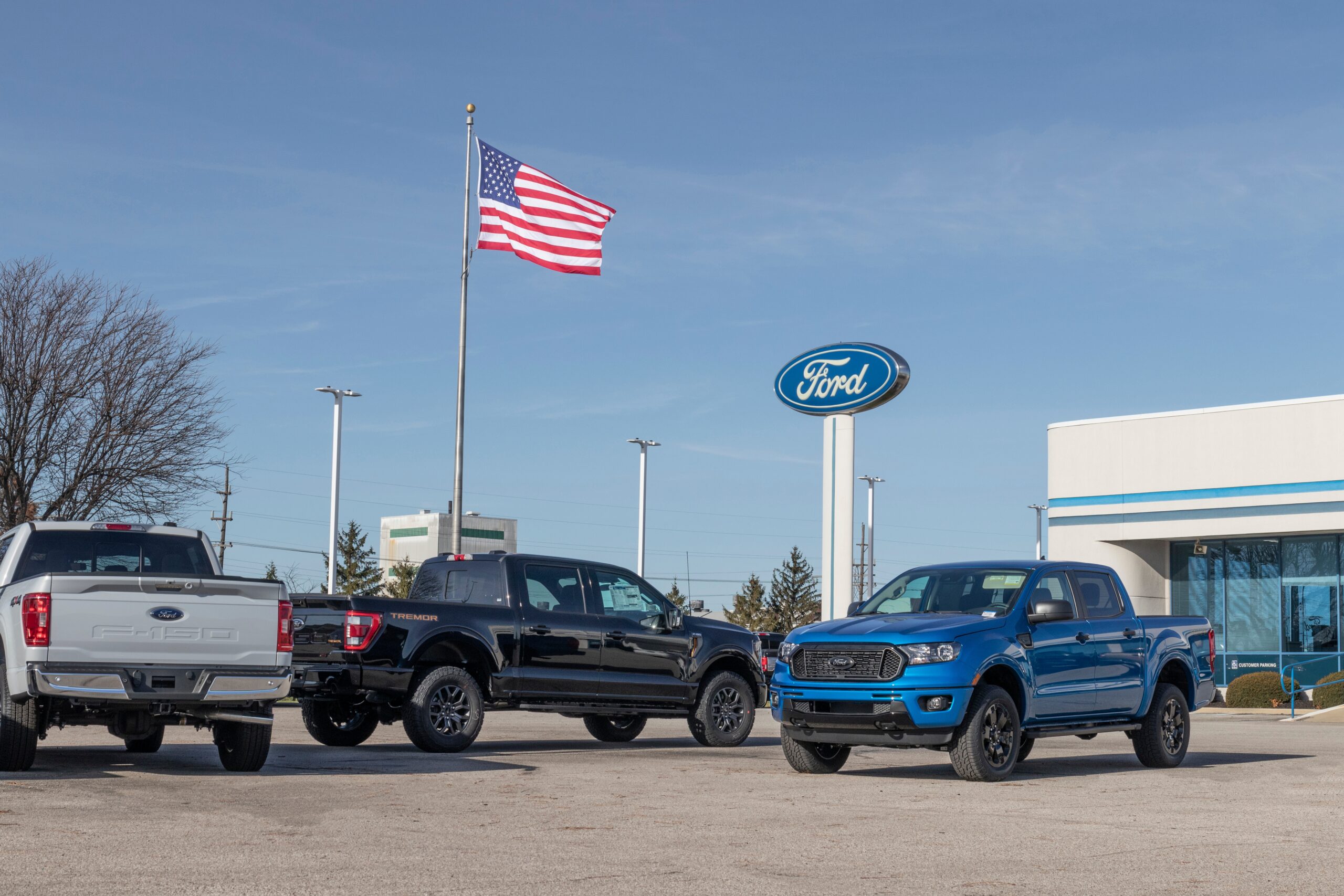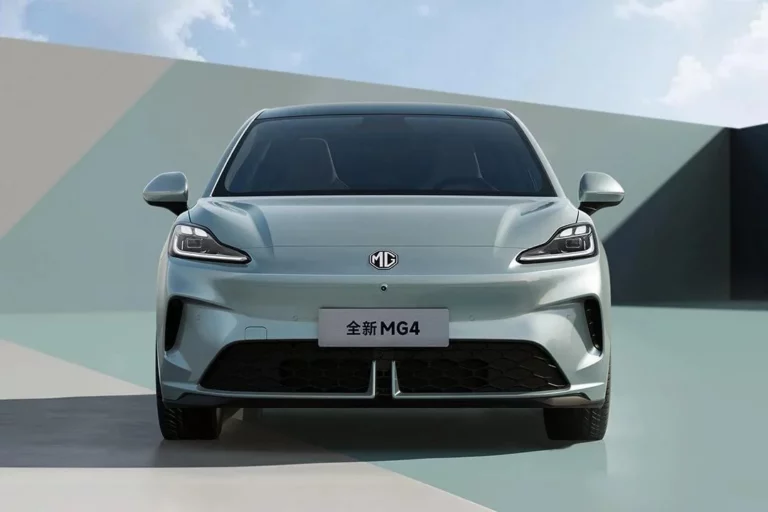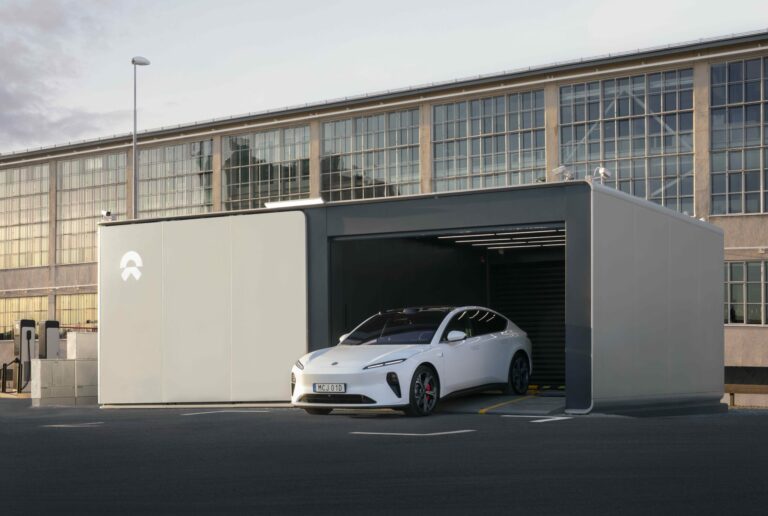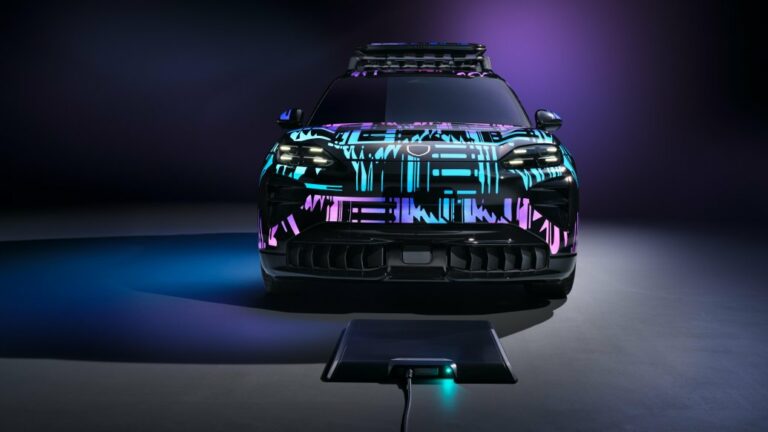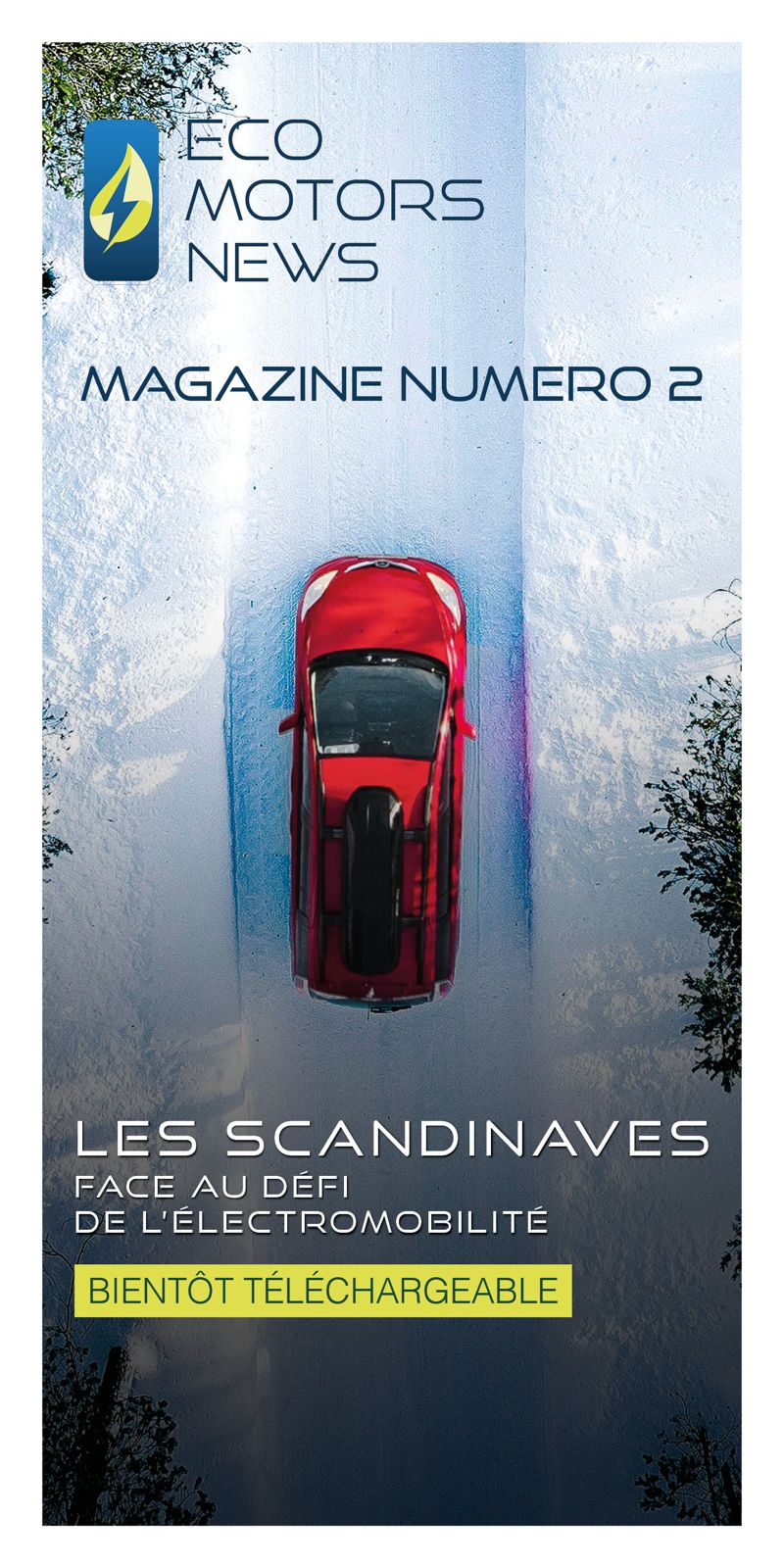It is a sweltering summer afternoon in Detroit when Ford engineers are secretly getting ready what is described by the executives as the company’s “Model T moment.” Their assignment is neither to assemble another vehicle, but to redefine an entire industry. With an electric pickup truck costing around $30,000 on the cards and billions in fresh investment, Ford is counting on affordability and scale to drag the EV from the sidelines of invention into the very heart of American living, marking a pivotal step in the US EV market.
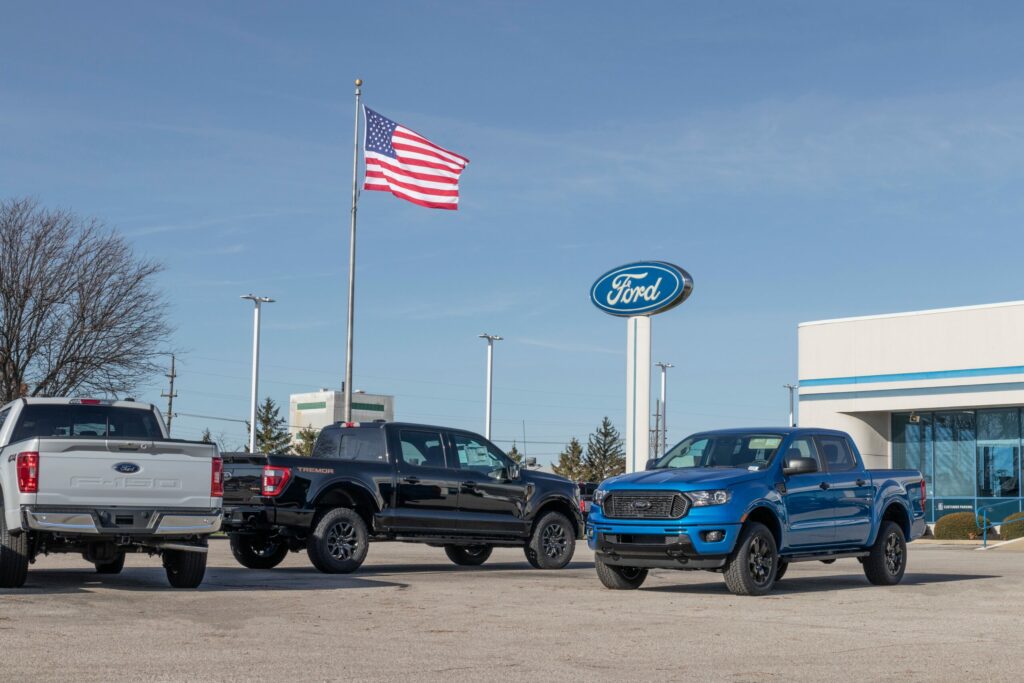
They’re not alone. From Silicon Valley start-ups to Japanese icons, the game to conquer America’s EV market is on. It’s a challenge powered by technology, demand from consumers, and government encouragement—and it is changing the way Americans think about getting behind the wheel.
A Market in Motion
The U.S. market for electrified and electric vehicles is solidly underway—no longer experimental:
According to Autos Innovate, in Q1 2025 EVs—including BEVs, PHEVs, and fuel-cell electric vehicles—accounted for 9.6% of new light-duty vehicle sales. That’s down from 10.9% in Q4 2024, yet still reflects a 0.3 percentage-point gain year-over-year. Meanwhile, overall light-duty sales rose 6%, and EV volume grew by about 9% (~30,500 vehicles) compared to Q1 2024.
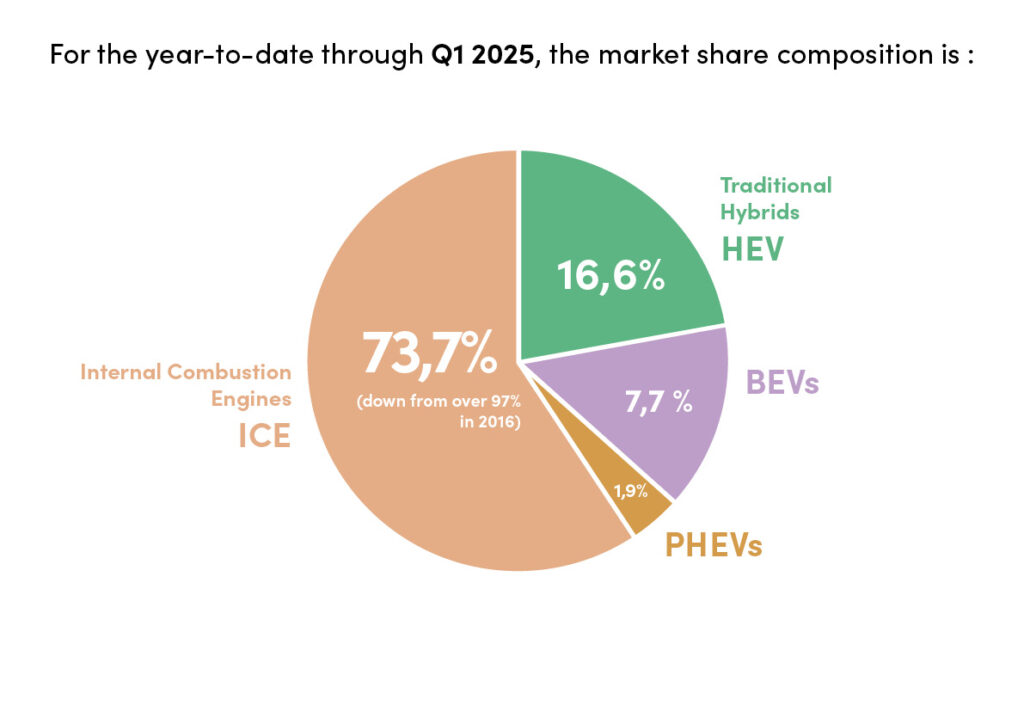
This change in powertrain mix shows the way the dominance of the ICE market is gradually being replaced by several forms of electrified mobility.
The Drive to Affordability
For years, the biggest obstacle to EV adoption was cost. Now, car manufacturers are getting serious about reducing prices:
- Ford aims to produce a mid-sized electric pickup around $30,000 by bringing back the Model T spirit through affordability (as reported by Vox and Investors).
- New entrants like Michigan-based Slate Auto are constructing modularity-based electric trucks whose base prices will come in under $27,500—again flipping the script on availability.
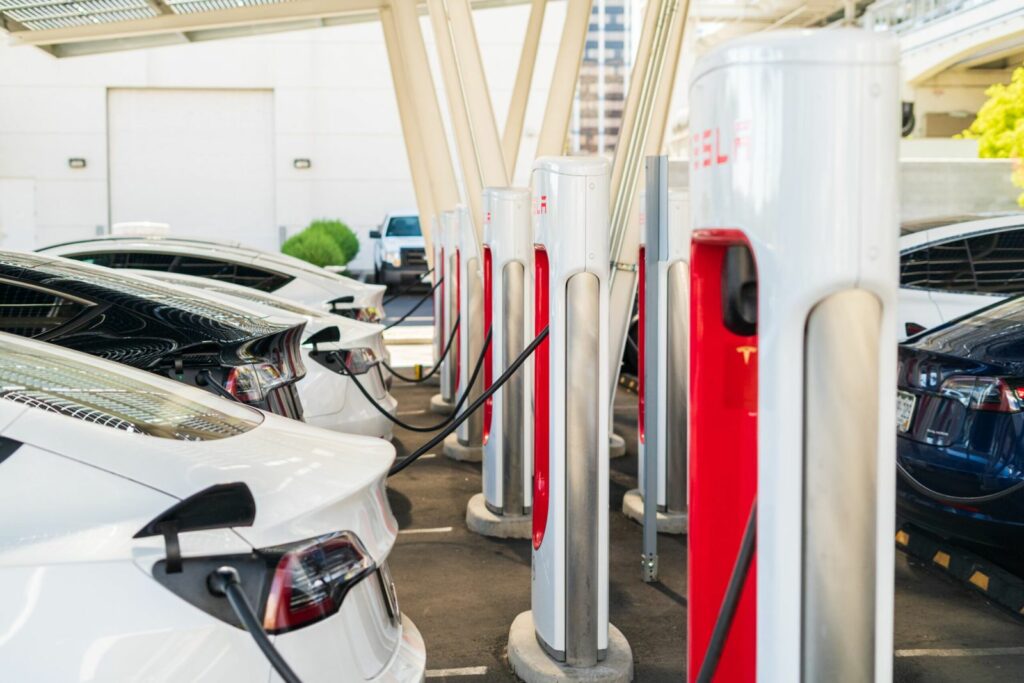
Power, Luxury, and Performance
Affordability isn’t the only story. At the luxury end:
Lucid Motors is getting ready to debut the Lucid Gravity, an electric SUV positioned as a high-performance vehicle statement—good for about 828 hp, powered by a 123 kWh battery, and offering 450 miles of range.
Tesla, though still dominant, encounters tougher competition as incumbents such as Ford, GM, and Hyundai—and an increasingly vibrant startup ecosystem—are stepping up their EV initiatives.
Model-Level Highlights
(U.S. Top Sellers H1 2025)
| Model | Sales (first half of 2025, United States) |
| TESLA MODEL Y | • Q1 2025: Approximately 64,051 units sold • Q2 2025: Estimated 90,949 units sold • Total H1 Estimate: ~155,000 units |
| TESLA MODEL 3 | • Q1 2025: Around 52,520 units (Q2H1 figures not separately disclosed, but Model Y maintained strong dominance in H1 overall.) |
| CHEVROLET EQUINOX EV | • Q1 2025: 10,329 units sold in the U.S. • Q2 2025: 17,420 units sold • Total H1: ~27,749 units |
| FORD MUSTANG MACH-E | • Q1 2025: 11,607 units sold (No explicit Q2 data – total H1 likely slightly higher.) |
| HONDA PROLOGUE | • Q1 2025: 9,561 units |
| HYUNDAI IONIQ 5 | • Q1 2025: 8,611 units sold |
| FORD F-150 LIGHTNING | • Q1 2025: 7,187 units sold |
| BMW i4 | • Q1 2025: 7,125 units |
| TESLA CYBERTRUCK | • Q1 2025: 6,406 units sold |

